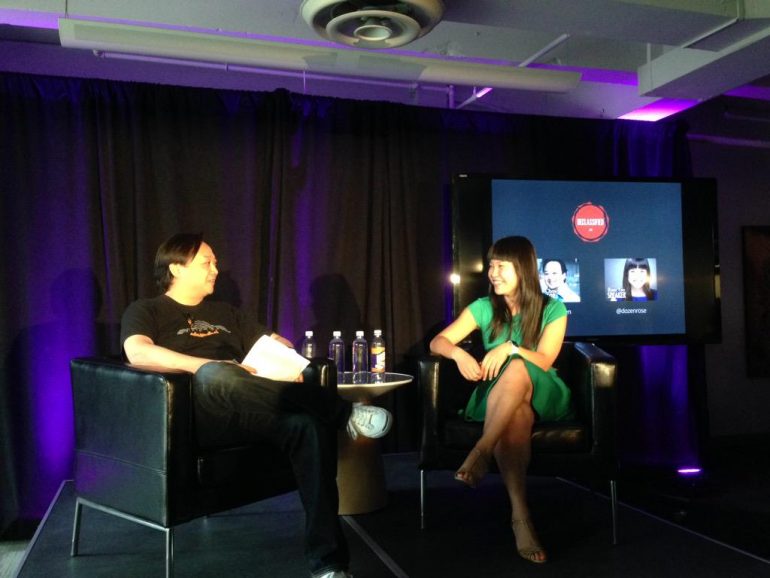Managing a team of specialists on just about any technology project can be a bit like herding cats. Rose Yao made her name as a Product Lead with Facebook, Google, and other members of the tech elite, where she worked with some of the best designers and developers in the industry.
We caught up with her at #Declassified, a tech event put on by Axiom Zen in Vancouver. Noting that “a great Product Manager takes all the blame and gives away all the credit,” Yao broke down the different kinds of product managers that technology companies will hire, for very different reasons.
1. The Scrappy Generalist is someone you hire for their potential.
“You are hiring them because they are smart and learn really fast, and you need someone who can juggle a lot and be willing to take on anything,” Yao says.
“They are great for projects in small startups, where the founder has a strong product mentality, but they need someone to help them because they have so many things to do. Large organizations use them for mid-level projects that are being neglected, where management is willing to do mentoring.”
2. The Business Product Manager has a strong business background.
“They may come from sales, and may have done partnership before. They are great for B2B businesses, or anything where you need a sales force and a partnership team. They bring maturities the team, especially when you are trying to sell contracts to large enterprises.
“They are not so good in mass-market consumer products where it is a blue sky project, and consumer feedback is very vague and hard to quantify.”
3. Then there’s the Designer Product Manager, who makes products beautiful (again).
“They are ideal for projects that lost their way a little bit. The product is good, but the bugs and polishing are not there and the engineers have gotten used to a quality bar that is not sustainable.
“They’ll step up the game and make something beautiful. This is someone you want when quality matters – but they have a hard time when the project is fast and scrappy, and you are shipping prototypes all the time to see what’s working.”
4. The Executer Product Manager knows how to drive a team, set a schedule and get work done.
“They are good in a lot of different things, and they wear many hats. These PMs are for when you have a product market fit and you want to move very fast before the competition comes in.”


